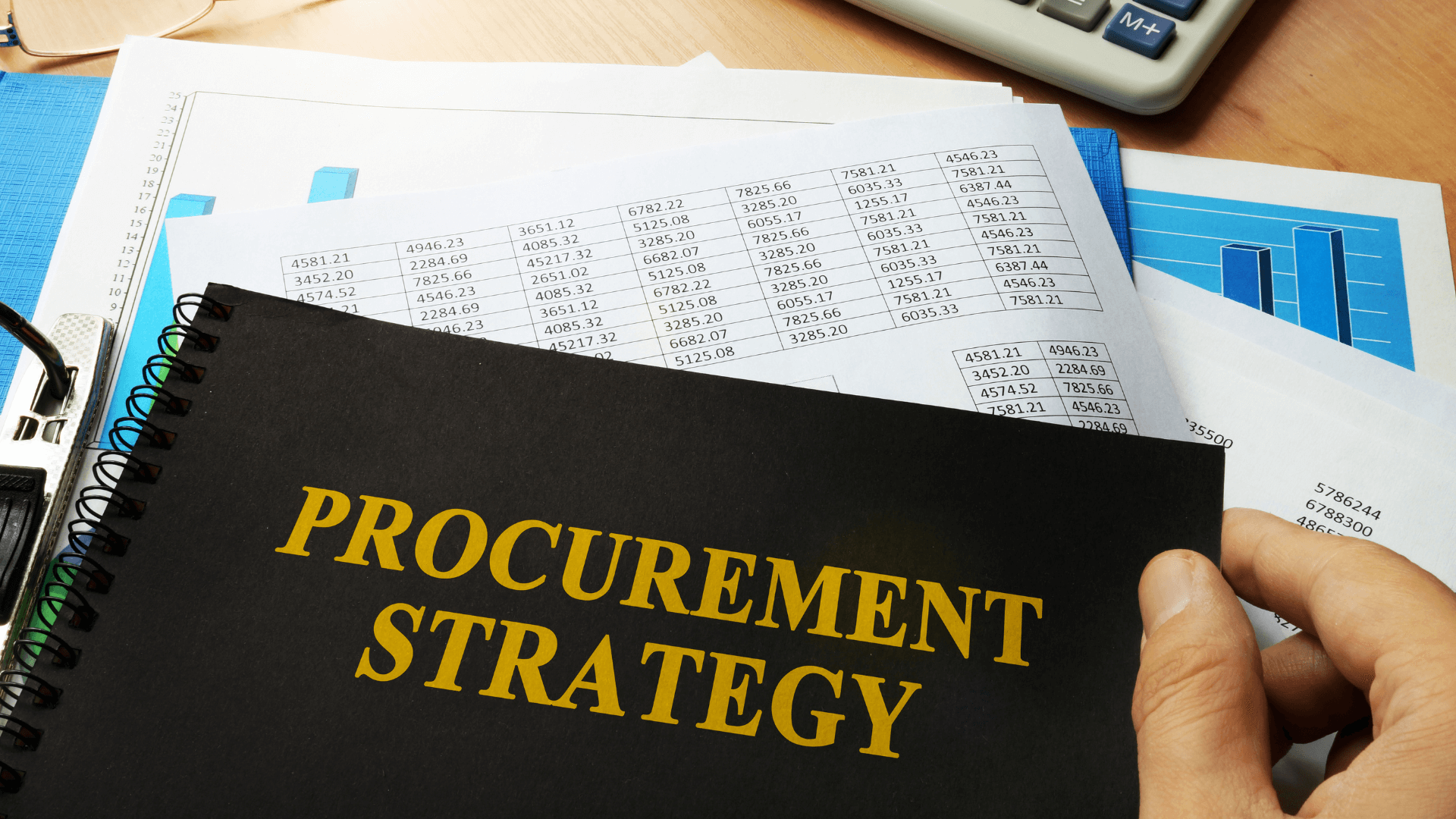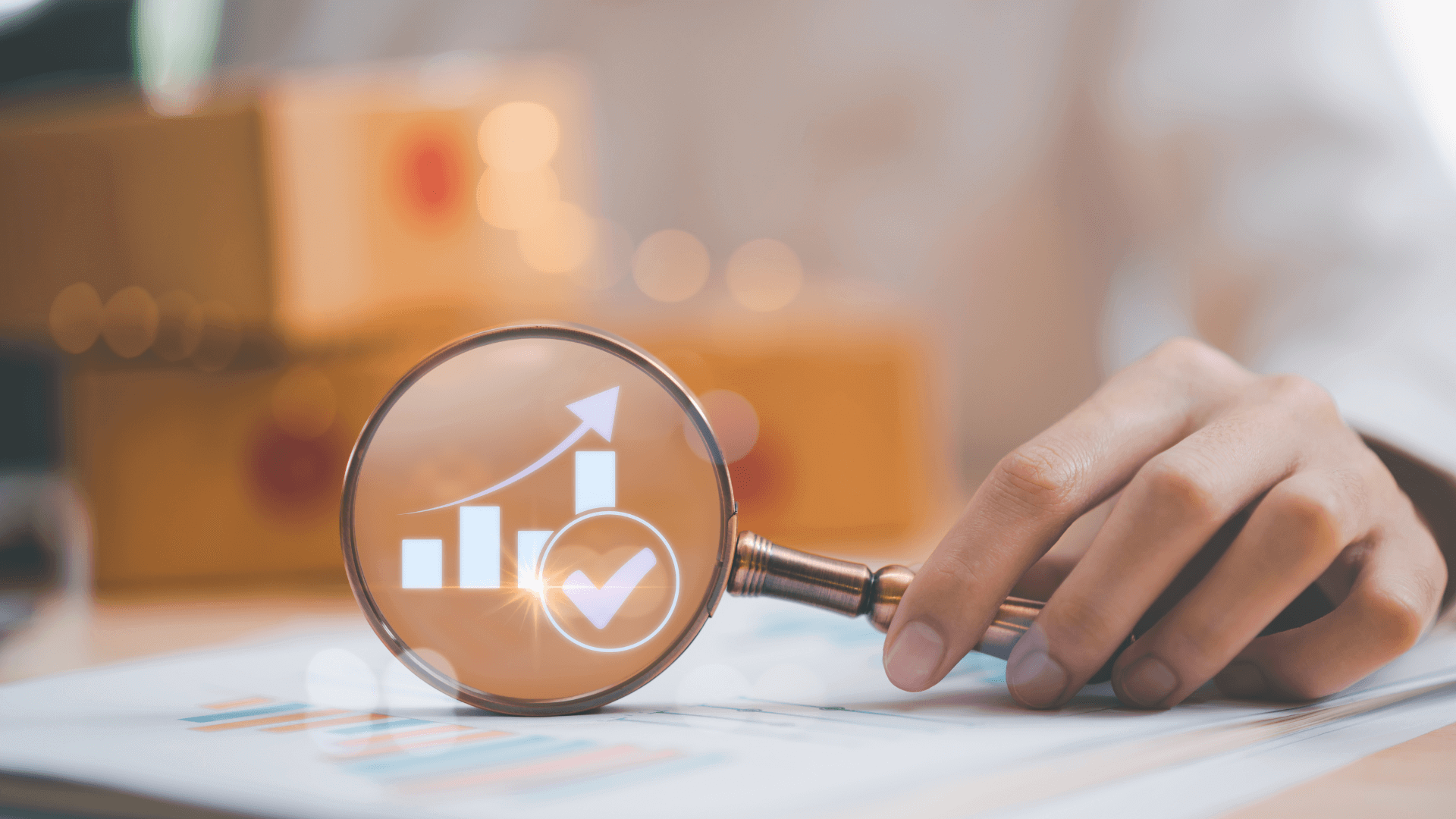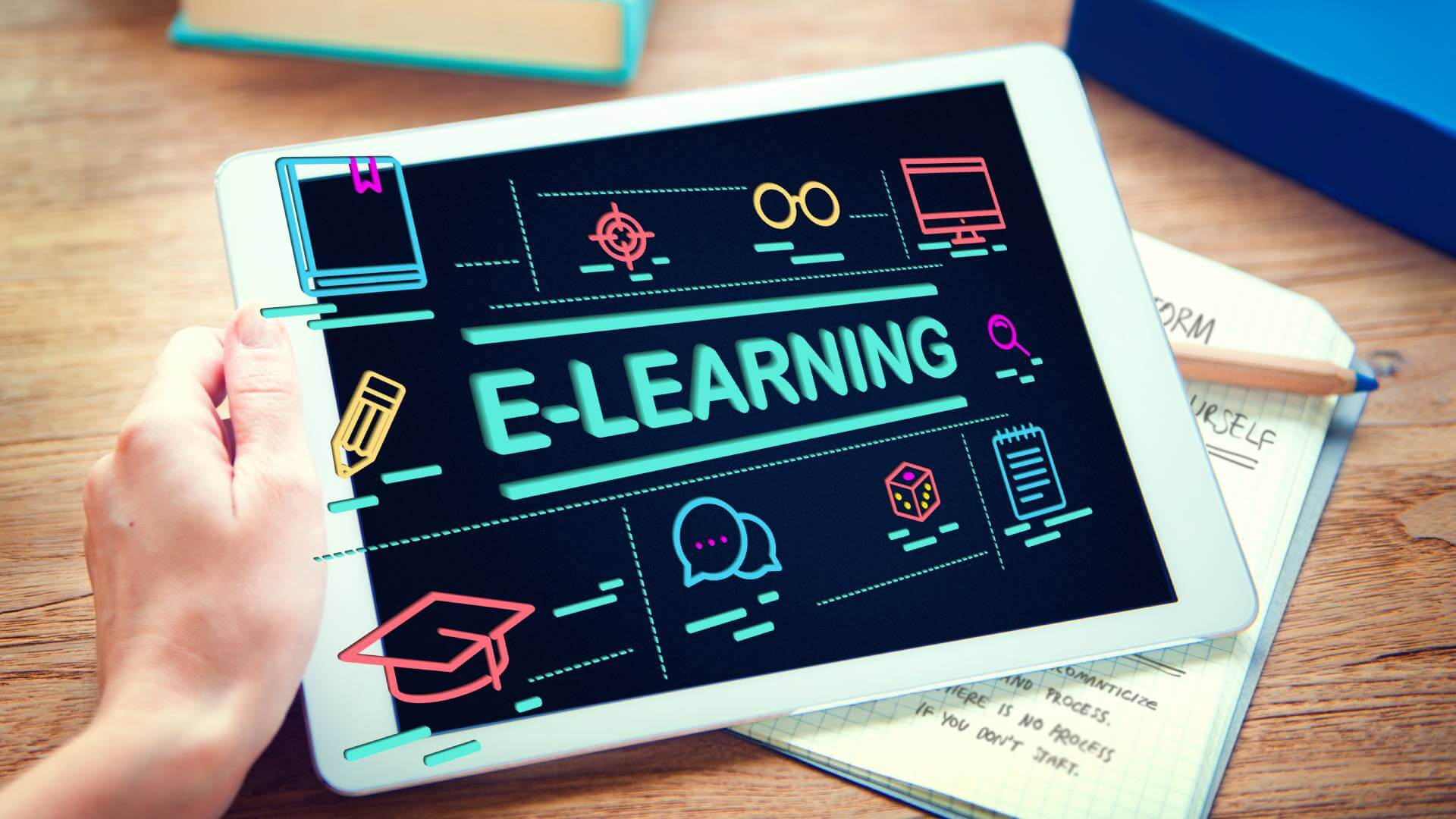Procurement today isn’t just about purchasing — it’s about strategy, innovation, and leadership. Modern procurement professionals play a vital role in shaping business performance, driving sustainability, and managing complex global supply chains. To stay relevant and future-ready, professionals in this field need to develop a mix of digital, analytical, and interpersonal skills that go far beyond traditional buying roles.
In this article, we’ll explore the top skills every modern procurement professional needs in 2025, along with practical tips to help you strengthen your expertise and boost your career growth.
Why Skills Matter in Procurement Today?
Procurement is no longer just about buying products and services at the lowest cost. Companies now rely on their procurement teams to:
- Build strong relationships with suppliers.
- Reduce risks in global supply chains.
- Contribute to digital transformation.
- Foster sustainable development and compliance.
This is why procurement professionals must be agile and equipped with the right mix of technical, strategic, and soft skills.
Essential Skills for Modern Procurement Professionals
1. Strategic Thinking and Business Acumen
Purchasing leaders must have a holistic view of the business. This means that procurement decisions are made in line with the company’s overall objectives.
Practical tip: Always ask: “How does this purchasing or supplier decision add value to the company’s long-term strategy?”
2. Negotiation and Influence
Strong negotiation skills remain essential in procurement. But in the current environment, it’s about reaching mutually beneficial solutions with suppliers, not just reducing costs.
Practical tip: Prepare your negotiations based on data. Study market prices, supplier alternatives, and your company’s influence.
3. Digital and Data Literacy
Procurement is becoming increasingly digital. With digital tools and data analytics platforms, procurement professionals need to understand how to leverage technology to make better decisions.
Helpful tip: Learn how to use tools like spend analysis dashboards or supplier performance software to uncover cost-cutting opportunities.
4. Supplier Relationship Management (SRM)
Building strong relationships with suppliers can mitigate risks and create opportunities for innovation. Procurement managers need to know how to effectively manage these relationships.
Practical tip: Schedule regular supplier performance reviews and collaborate on common goals such as quality improvement or sustainability initiatives.
5. Risk Management
Global supply chains face risks ranging from geopolitical tensions to natural disasters. Procurement professionals must anticipate, assess, and mitigate these risks.
Practical tip: Develop a supplier diversification plan so that your business is not overly dependent on a single supplier or region.
6. Sustainability and ESG Awareness
Companies are under increasing pressure to meet environmental, social, and governance (ESG) standards. Procurement plays a direct role in responsible sourcing.
Practical tip: Prioritize suppliers that demonstrate sustainable practices, such as reducing emissions or using ethical labor practices.
7. Communication and Collaboration
Procurement teams collaborate with stakeholders from finance, operations, and management. Clear communication is essential for gaining buy-in and ensuring smooth processes.
Practical tip: Tailor your communication: Use detailed data for executives, but remain practical and solution-oriented for operational teams.
8. Financial and Analytical Skills
Understanding cost structures, budgeting, and the financial implications of contracts is essential to successful procurement.
Practical tip: Develop skills in cost modeling and total cost of ownership (TCO) analysis to assess the true value of a contract with a supplier.
9. Adaptability and Change Management
The procurement industry is evolving rapidly and constantly, driven by market dynamics, new technologies, and regulatory requirements. Professionals must remain agile.
Practical tip: Stay up-to-date on industry trends through training, certifications, and professional associations.
10. Leadership and People Management
For those in senior procurement roles, leadership is essential for guiding teams, inspiring innovation, and managing cross-functional projects.
Practical tip: Invest in coaching and mentoring within your team to create a culture of collaboration and continuous learning.
How to Develop These Skills
- Continuous Learning: Take courses in procurement technology, negotiation, and supply chain management.
- Certifications: Consider certifications such as CIPS, CPSM, or PMP to build your credibility.
- Networking: Join procurement forums, LinkedIn groups, or attend industry conferences to stay connected and informed.
- Practical experience: Apply new skills in real-life projects: experience is the best teacher.
Final Thoughts
Today, procurement professionals must be more than just cost-cutting specialists. They are strategists, innovators, and a critical component of organizational success. By mastering strategy, digital tools, risk management, and relationship building, you can avoid becoming irrelevant in an increasingly complex world.
If you’re ready to take your procurement strategy to the next level, Procurement Plus can help. Our team provides expert consulting and customized sourcing solutions to help businesses streamline operations, reduce costs, and stay ahead in a competitive market.
Contact Procurement Plus today and start building a smarter, more resilient procurement future.




Hey! Just found c54366 and gave it a shot. Pretty slick! Definitely gonna be checking this out more often. Good stuff! Check it out here: c54366
99MX seems like the spot. They need to improve the support section and add some crypto methods for payments. Still, a promising casino to watch. Try your luck at 99mx.
Spicy 04? Nghe là thấy cay rồi đó nha. Chắc là toàn kèo thơm kèo cháy. Anh em nào thích ăn cay thì vào đây mà chiến. Jump in spicy 04.
pin77 app https://www.pin77.tech
fb777login https://www.fb777loginv.org
pesomaxfun https://www.elpesomaxfun.com
okbet15 https://www.okbet15.org
pin77 online https://www.pin77-online.com
phtaya 63 https://www.phtaya-63.org
2jili https://www.2jili.org
nustar online https://www.etnustar-online.com
nustaronline https://www.umnustaronline.org
2222ph https://www.be2222ph.org
Trying to log in to 55666 bong88 net đăng nhập. fingers crossed for a smooth experience! Here we go. Find it here: 55666 bong88 net đăng nhập
Ugh, the brdice plataforma login is giving me headaches this morning! Hope the games are worth the struggle once I’m actually in! Try to get it here at brdice plataforma login
Gcash live game? Okay, this is interesting! Not your typical setup. Worth a shot if you’re curious. gcashlivegame
ah77 Login & Register: Top Online Slot Casino in the Philippines. Download Now & Get the Latest Link Alternatif. Join ah77, the #1 online slot casino in the Philippines. Easy ah77 login & register. Get the ah77 download and latest link alternatif to play top ah77 slot games now! visit: ah77
https://askoff.ru
asklong.ru
[3245]Gobetplay: #1 Philippines Online Casino. Secure Login, Register & App Download for Premium Slot Online & Official Link Alternatif. Join gobetplay, the #1 Philippines Online Casino! Secure gobetplay login, register & app download. Play premium gobetplay slot online via our official link alternatif today. visit: gobetplay
https://qtjpqhtfcs.wordpress.com
https://iagperjusu.wordpress.com
https://dwspqdxcgw.wordpress.com
https://xrsaugpsya.wordpress.com
https://gxvkxeawwa.wordpress.com
https://azacgxicis.wordpress.com
https://zfcejfyxiv.wordpress.com
https://cxadxqpked.wordpress.com
https://akiwdiycje.wordpress.com
https://iqakruyprf.wordpress.com
https://dgaiyziytk.wordpress.com
https://hrjcdfdcvj.wordpress.com
https://wryxvrrhxe.wordpress.com
Downloaded the wjevoapp the other day. Super convenient and easy to use. Makes life a little easier!
Heard some buzz about 777sx. Jumped in and had some fun. The slots seem fair, I can say that. Worth a look. My link will be here 777sx
Okay, so I spent some time on 88vv1 last night. It’s got all of the features that I like to use! All in All it is fun and I had fun! Find fun with it here 88vv1